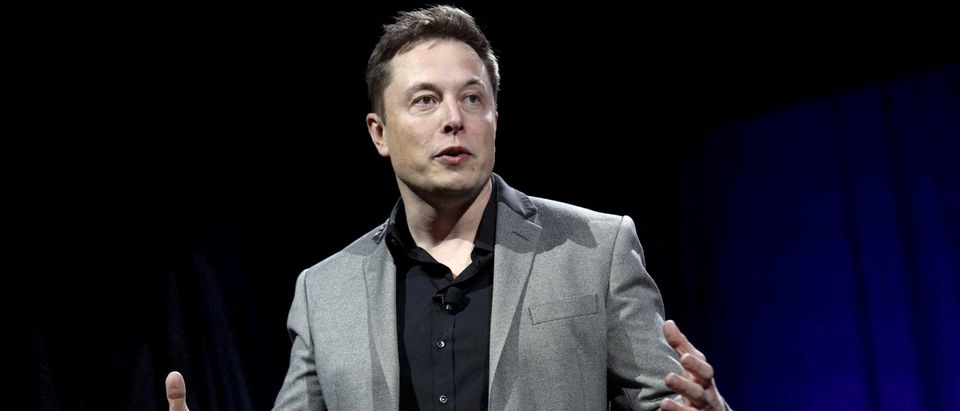Whenever a progressive sees a private individual with a large amount of money, their reaction is to frown and think about just how much more good the government could accomplish with that money. That was certainly the case with Elon Musk’s purchase of Twitter for $44 billion, with various viral tweets claiming that Musk could have ended world hunger or homelessness in the U.S. for that amount of money. The implication is, of course, that the government should step in and make that altruistic decision for him. Unfortunately, it’s nowhere near that simple.
At the most basic level, the idea that homelessness or world hunger could be easily eradicated for such relatively small amounts of money is ludicrous. And however much it would cost under the most ideal circumstances, you can be sure that it would cost more if it had to be run through government bureaucracy.
After all, the federal government churns through $44 billion dollars in a little over two days. The federal government spent over $6.8 trillion dollars last year, the majority of which went to entitlements like Medicare, Medicaid and Social Security. If $44 billion could solve social ills, you’d think the federal government would have solved them a hundred times over.
The number progressives love to quote on homelessness is that it could be solved by just $20 billion. But the federal government spent $89.8 billion on direct housing assistance last year alone — a number that of course does not even include state and local homelessness spending on top of that.
What’s more, homelessness is a symptom of poverty, and other government welfare spending leaves people at the margins with more money to spend on housing. With that in mind, total government anti-poverty spending is well above $1 trillion a year. Not only would $20 billion not solve the problem, it would be a drop in the bucket — a bucket that already has a hose blasting water into it (if one were really to wear out the metaphor, it’s more like hundreds of competing, overlapping hoses).
The other claim is just as absurd. The frequently-tossed-around number in this case is $6 billion, an amount that Musk famously offered to contribute if presented with a feasible plan to use that amount of money to solve world hunger. Unsurprisingly, that never happened, because ending world hunger would require so much more than that.
As with most issues to do with poverty, the problem of world hunger and food insecurity is complex. The problem isn’t that we don’t produce enough food — there’s enough food in the world to feed everyone on Earth two times over. Overcoming world hunger means far more than just having enough money dedicated to the task.
Most hunger-afflicted areas of the world, after all, are remote, lack the necessary infrastructure to reliably transport and store food (particularly on a regular basis), and plagued by corruption and violence. It sounds easy to say that “we should feed people are hungry,” but that involves transporting the food to the people who need it, developing local infrastructure to better connect them with the rest of the world, overcoming deeply ingrained systems of political patronage by creating a flourishing civil society, and solving ethnic conflicts that go back decades. In short, it’s a monumental task, not an afterthought that our wealthiest citizens are simply declining to get to.
The good news is that the very capitalist and globalist system most progressives are inclined to blame for world hunger has enabled us to make the greatest steps forward on this issue in human history. Since 1990, more than 1 billion people around the world have been lifted out of extreme poverty. Meanwhile, in the 25 years between 1990 and 2015, the percentage of the population suffering from hunger was cut nearly in half, dropping from 23% to 13%%.
Ending hunger and homelessness remain worthy pursuits. But trivializing them as mere byproducts of the greed and avarice of a few wealthy billionaires benefits no one, and undermines more serious debate on how to address complex, multifaceted issues.
Andrew Wilford is a policy analyst with the National Taxpayers Union Foundation, a nonprofit dedicated to tax policy research and education at all levels of government.


